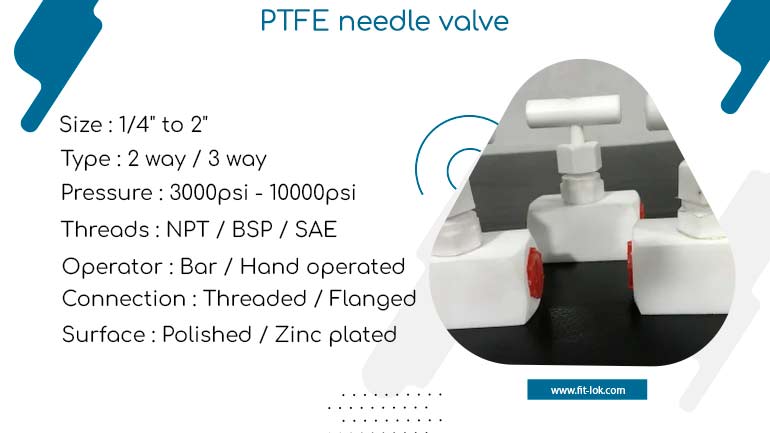What Are the Types of ISO Registration in India?
ISO registration is one of the most recognized ways for businesses to showcase their quality, safety, and efficiency standards. In India, companies across manufacturing, services, healthcare, and even education seek ISO certification to boost credibility, gain customer trust, and expand globally. However, there isn’t just one ISO standard. There are multiple types of ISO registration , each designed for different industries and operational goals.
This article explains the major types of ISO certifications available in India, their purposes, and how to choose the right one for your business.
What is ISO Registration?
ISO stands for the International Organization for Standardization. It is an independent international body that publishes globally accepted standards across various business functions. ISO registration means that an accredited third-party certification body has verified that your organization complies with a particular ISO standard.
In India, ISO registration is voluntary but highly recommended for businesses that want to demonstrate consistent quality, safety, and process improvement.
Types of ISO Certification in India
Here are the most commonly used ISO certifications by Indian businesses:
1. ISO 9001:2015 – Quality Management System (QMS)
This is the most popular ISO certification globally and in India. It focuses on building strong quality management systems to consistently deliver products and services that meet customer expectations.
Applicable to: All businesses, manufacturing, service providers, traders
Purpose: Quality assurance, customer satisfaction, internal process improvement
2. ISO 14001:2015 – Environmental Management System (EMS)
This certification helps businesses manage their environmental responsibilities efficiently. It ensures your processes meet regulatory and sustainability goals.
Applicable to: Manufacturing, construction, heavy industries
Purpose: Reduce environmental impact, meet pollution control norms, ensure sustainable operations
3. ISO 45001:2018 – Occupational Health & Safety Management System (OH&S)
This certification ensures workplace safety by managing health and safety risks in your operations. It replaces the older OHSAS 18001 standard.
Applicable to: Factories, warehouses, construction companies, hospitals
Purpose: Reduce accidents, improve worker safety, meet labor compliance
4. ISO 22000:2018 – Food Safety Management System (FSMS)
This is essential for businesses in the food supply chain. It ensures food is processed, handled, and delivered safely, complying with hygiene standards.
Applicable to: Food processors, caterers, restaurants, packaging units, exporters
Purpose: Prevent food hazards, ensure hygiene, meet FSSAI and global norms
5. ISO 27001:2013 – Information Security Management System (ISMS)
This certification is for companies that handle sensitive information or data. It ensures information confidentiality, integrity, and availability.
Applicable to: IT companies, data centers, banks, fintech firms, software companies
Purpose: Prevent data breaches, comply with data security laws, gain client trust
6. ISO 50001:2018 – Energy Management System (EnMS)
This standard helps organizations manage energy usage efficiently and reduce consumption and costs.
Applicable to: Manufacturing industries, power plants, utilities
Purpose: Cut energy bills, reduce carbon footprint, improve operational performance
7. ISO 13485:2016 – Quality for Medical Devices
This is tailored for manufacturers of medical devices and equipment. It aligns with global regulatory requirements in the healthcare sector.
Applicable to: Medical device manufacturers, pharma packaging, diagnostic tools companies
Purpose: Ensure product safety and effectiveness, regulatory compliance
8. ISO 21001:2018 – Educational Organization Management System
This standard is designed for educational institutions and helps improve the learning environment, quality of delivery, and student satisfaction.
Applicable to: Schools, coaching institutes, edtech companies, universities
Purpose: Streamline education services, build institutional credibility
Benefits of ISO Registration in India
-
Builds trust with customers and investors
-
Increases chances of getting government and corporate tenders
-
Helps enter export markets with ease
-
Improves internal systems and staff efficiency
-
Ensures compliance with legal and regulatory norms
-
Reduces waste, errors, and operational risk
How to Choose the Right ISO Certification
Ask yourself the following:
-
What industry do you belong to?
-
What are your customer expectations?
-
Are you planning to export or bid for tenders?
-
Do you handle sensitive data or deal with food/health/safety?
Based on these questions, choose one or more ISO standards that align with your operations.
ISO Certification Process in India
-
Identify the ISO standard relevant to your business
-
Choose an accredited certification body
-
Conduct a gap analysis and prepare documentation
-
Implement the required systems and train employees
-
Undergo an audit by the certification body
-
Receive ISO certification (valid for 3 years, with annual surveillance audits)
Conclusion
ISO registration in India is more than a formality—it's a powerful step toward structured growth, global recognition, and operational excellence. Whether you're a startup or a large manufacturer, there’s an ISO certification tailored for your needs.
If you're unsure which ISO registration fits your business, consult with a certified ISO consultant for a free assessment and roadmap.
What's Your Reaction?































































